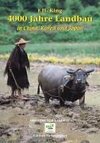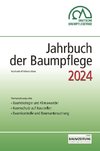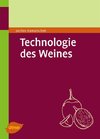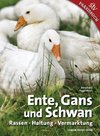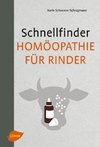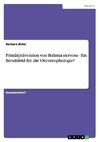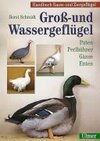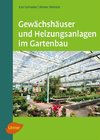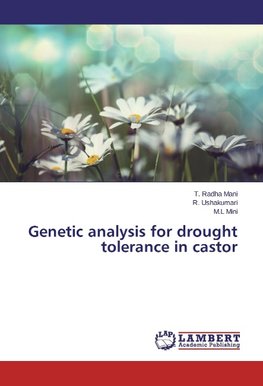
-
 Anglický jazyk
Anglický jazyk
Genetic analysis for drought tolerance in castor
Autor: T. Radha Mani
Castor (Ricinus communis L.) belongs to monospecific genus Ricinus of Euphorbiaceae family and one of the most important non-edible oilseed crops grown in various countries throughout the World. Its chromosome number is 20(diploid). It is a sexually polymorphic... Viac o knihe
Na objednávku, dodanie 2-4 týždne
50.85 €
bežná cena: 56.50 €
O knihe
Castor (Ricinus communis L.) belongs to monospecific genus Ricinus of Euphorbiaceae family and one of the most important non-edible oilseed crops grown in various countries throughout the World. Its chromosome number is 20(diploid). It is a sexually polymorphic monoceious species, protandrous and highly cross pollinated nature. Because of its hardiness, castor plays an important role in the economy of arid and semi-arid regions of the country. Castor is considered native to Ethiopian region of tropical East Africa and India. Castor seed contains 40-60% oil which is a non drying oil. It has great industrial utility as it is used for the manufacture of soaps, refined and perfumed hair oil, printing inks, varnishes, synthetic resins, carbon paper, lubricant, ointments, other cosmetics, processed leather etc. Castor oil is the source of sebacic acid which is used in the manufacture of nylon and vinyl resins. The oil has high viscosity and it remains steady at high as well as low temperature hence used as a lubricant in high speed engines.
- Vydavateľstvo: LAP LAMBERT Academic Publishing
- Rok vydania: 2015
- Formát: Paperback
- Rozmer: 220 x 150 mm
- Jazyk: Anglický jazyk
- ISBN: 9783659628634
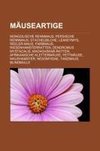
 Nemecký jazyk
Nemecký jazyk 